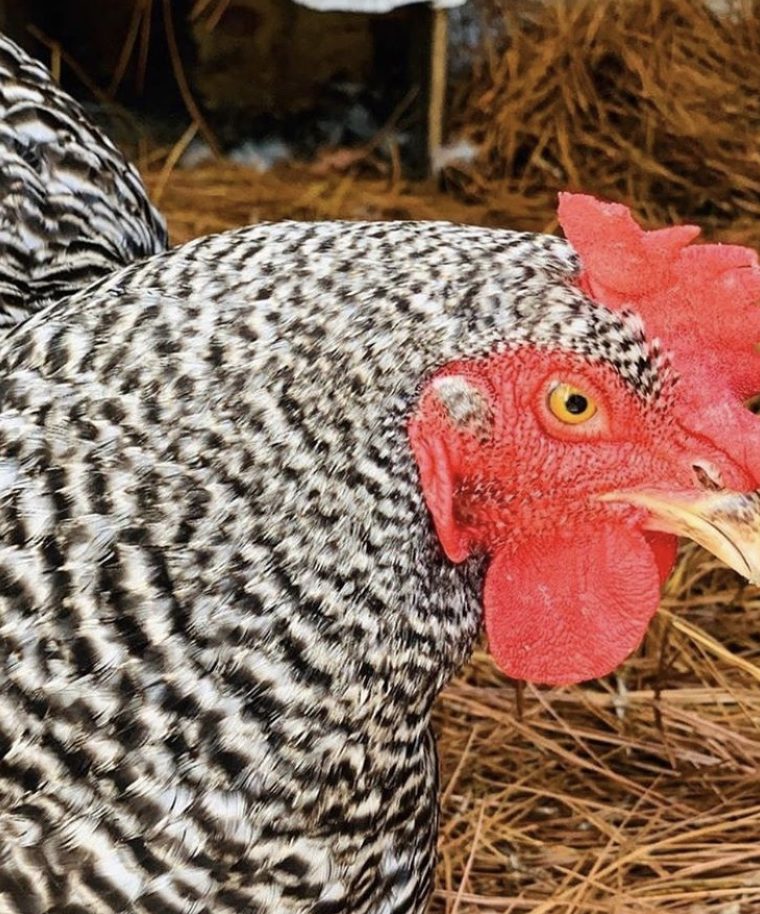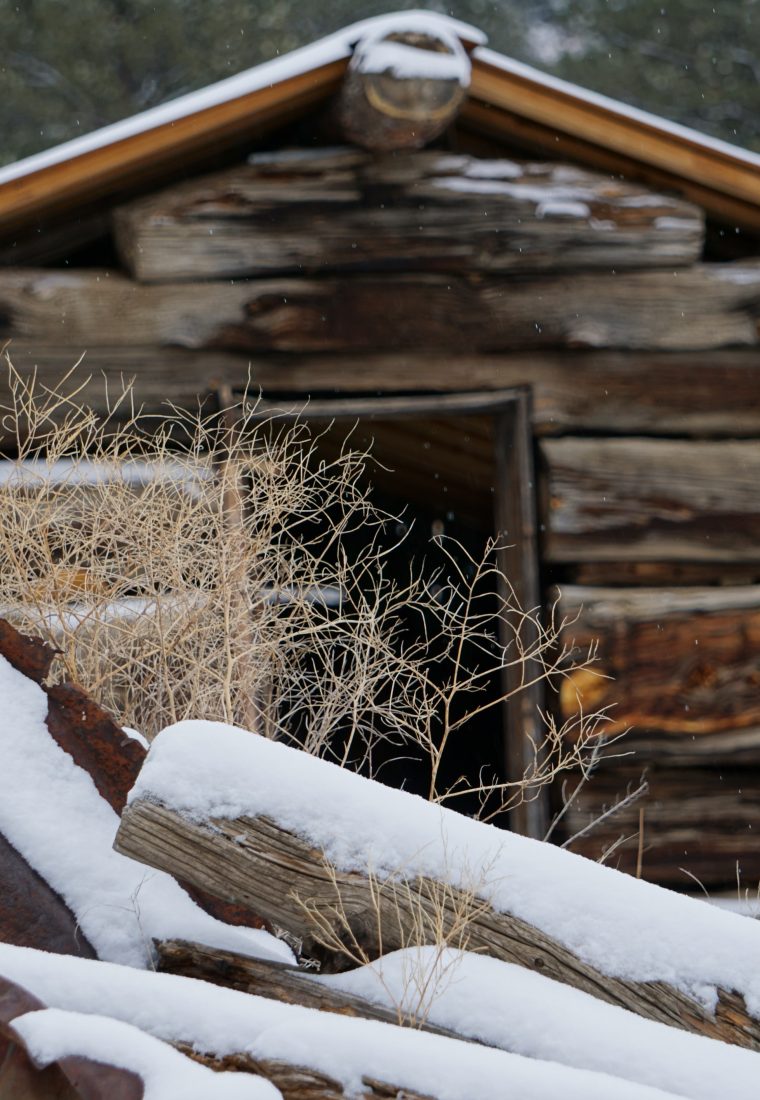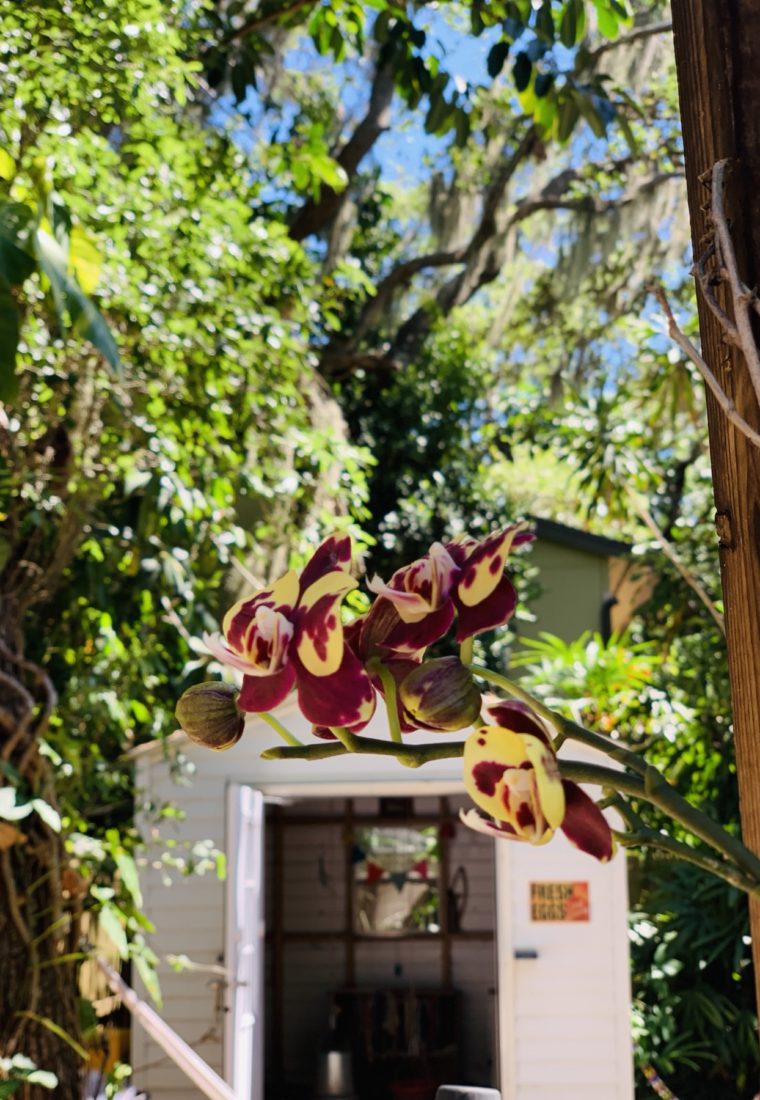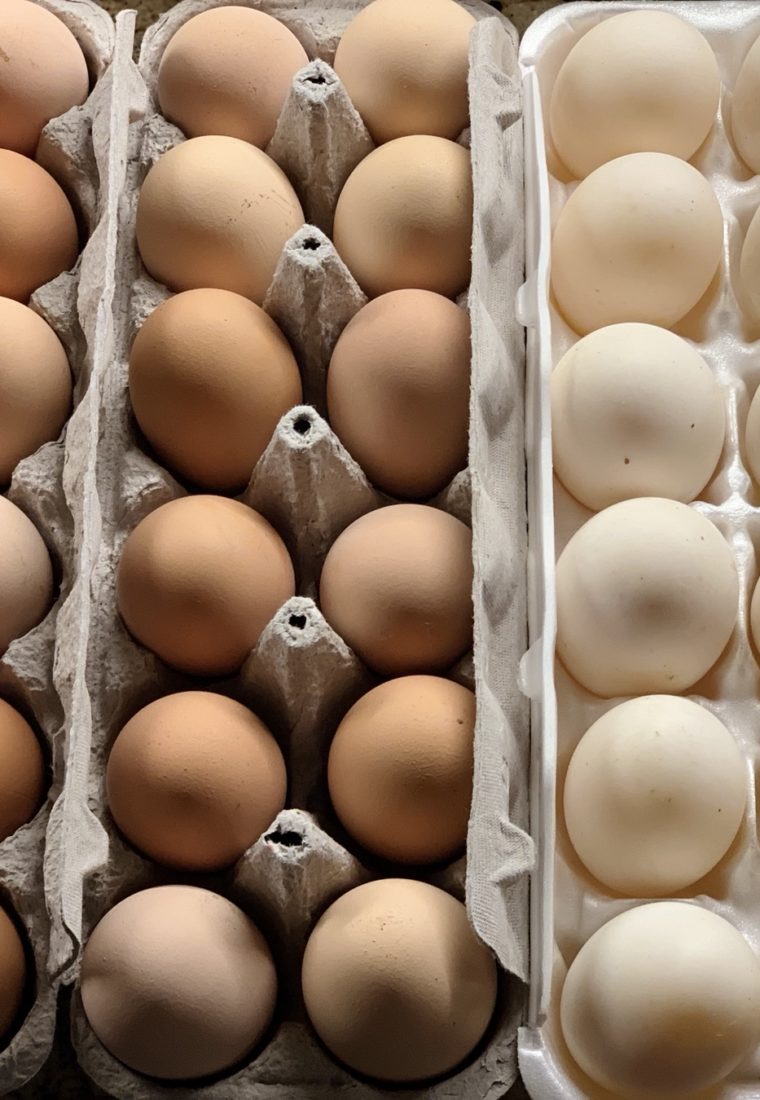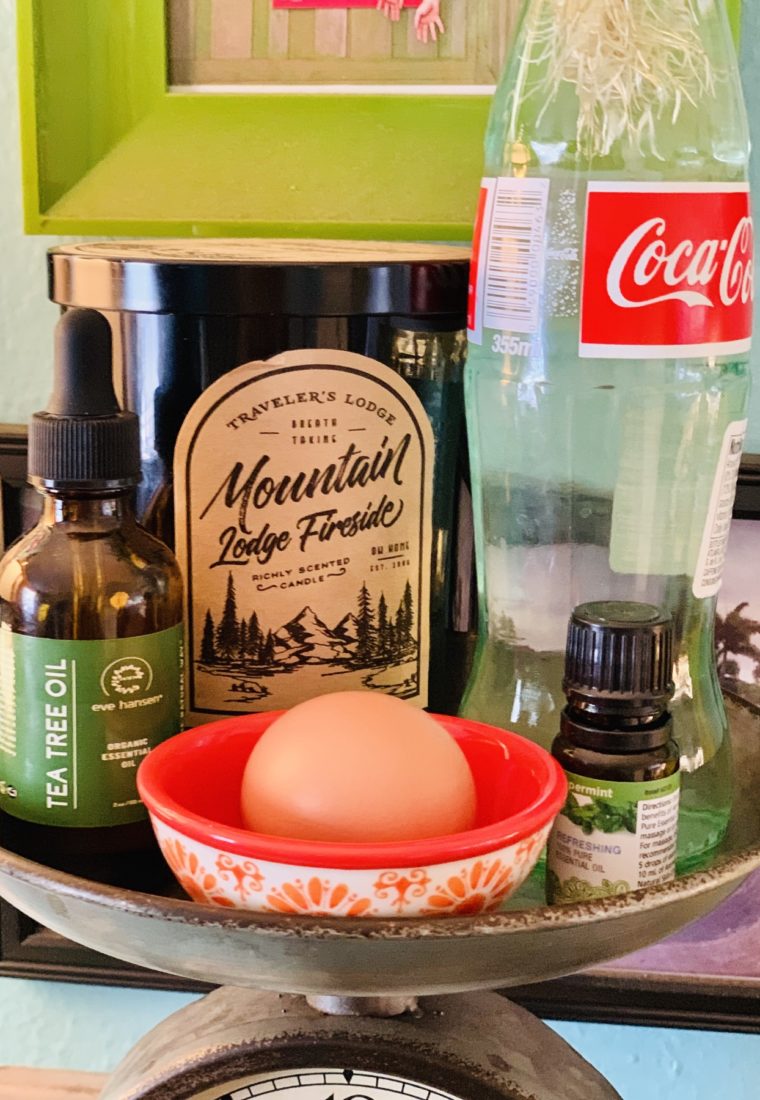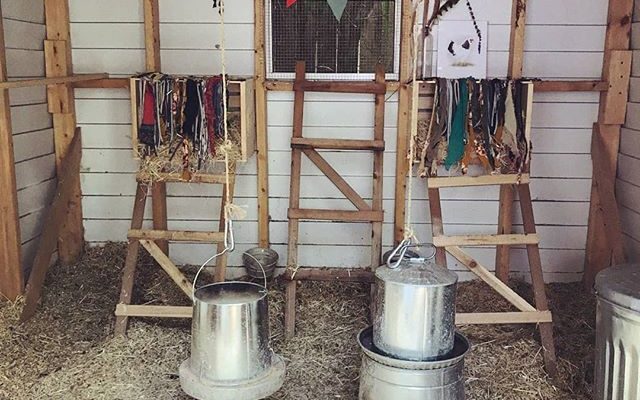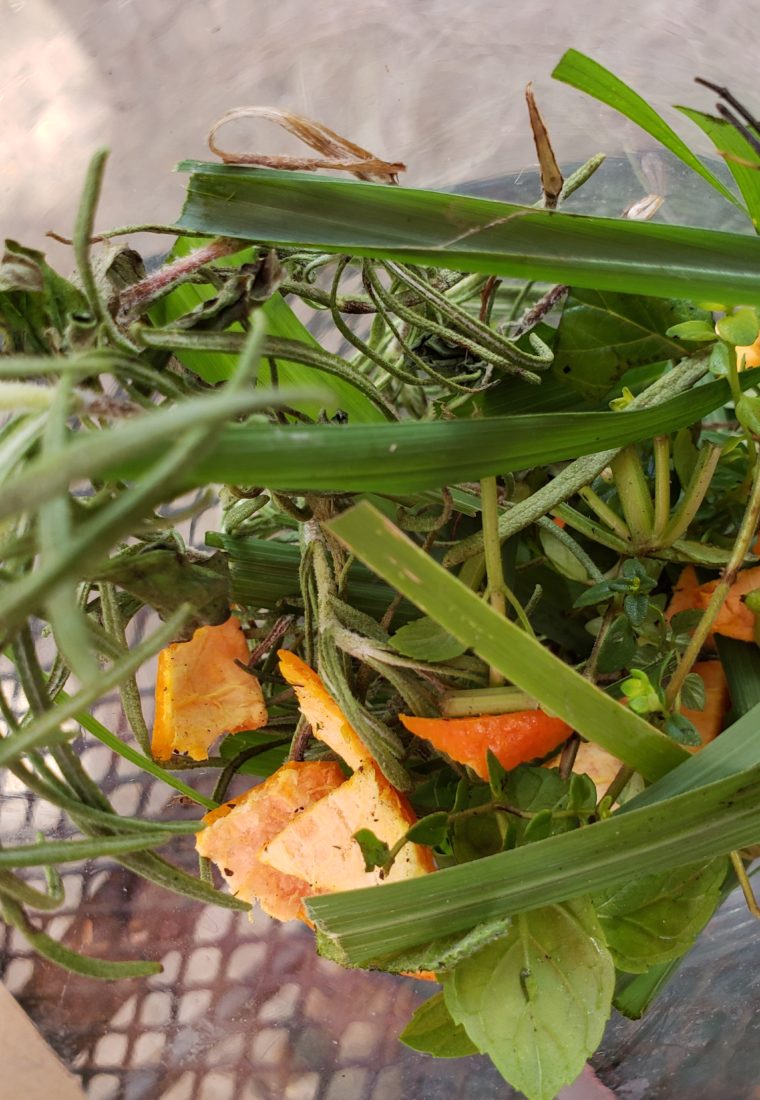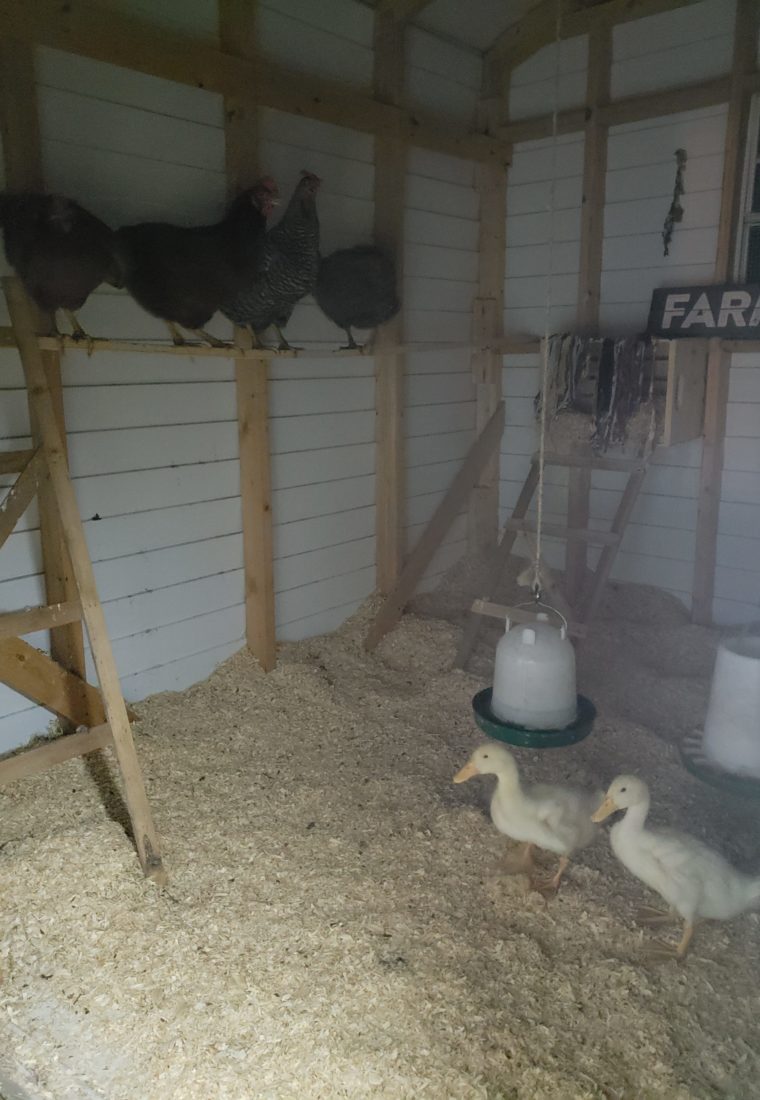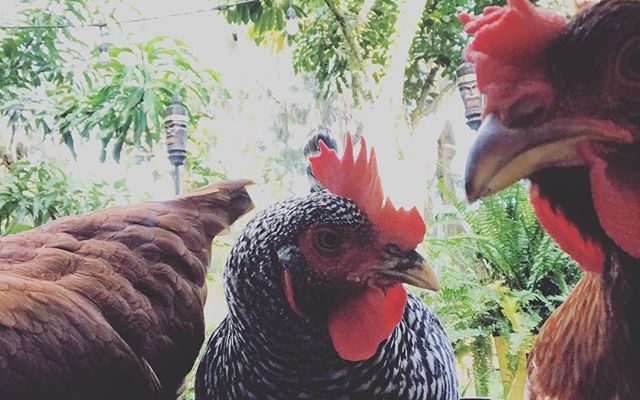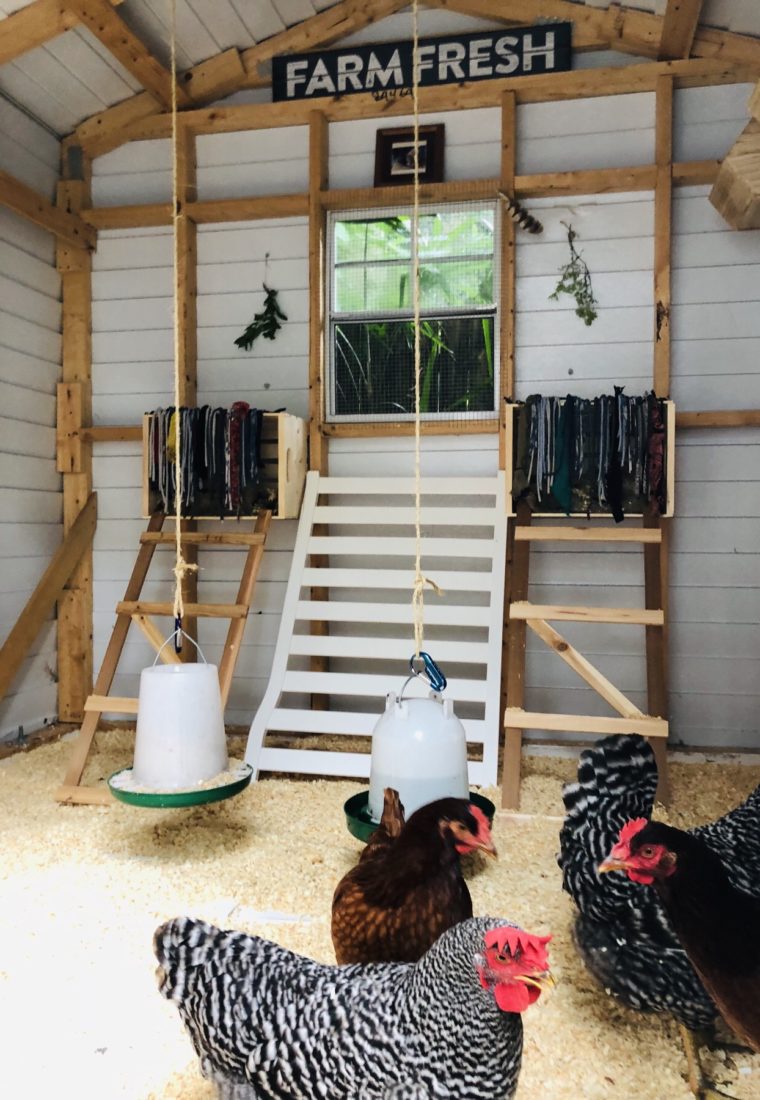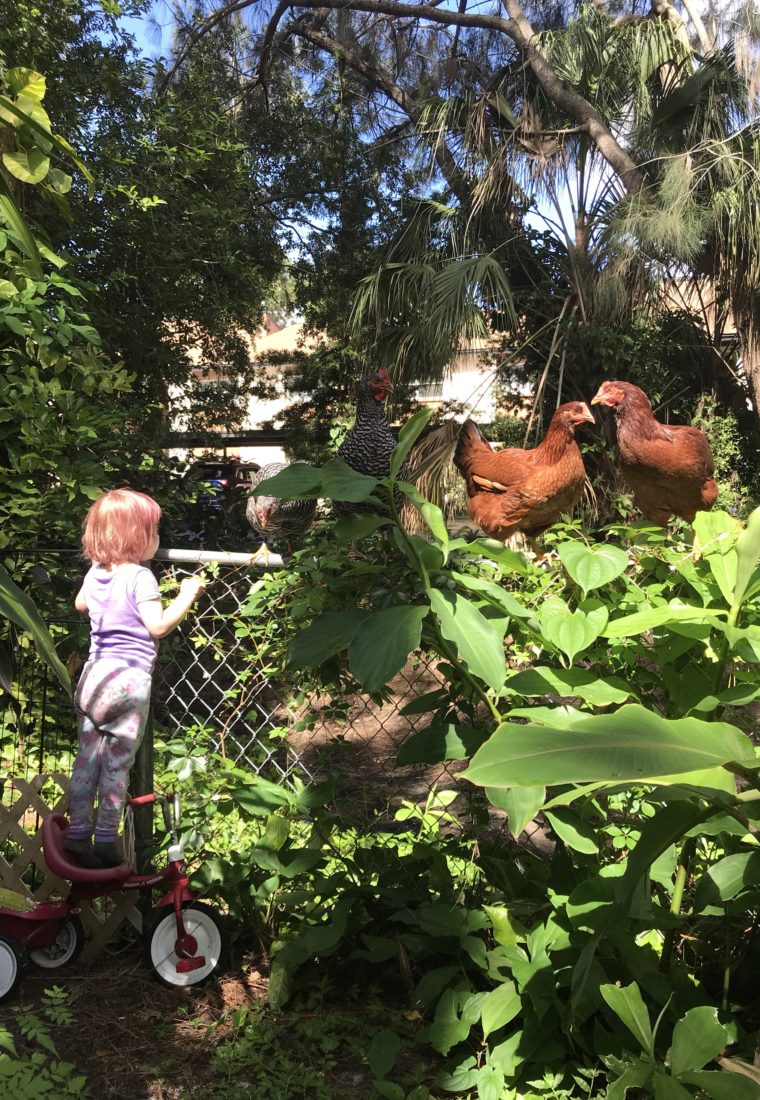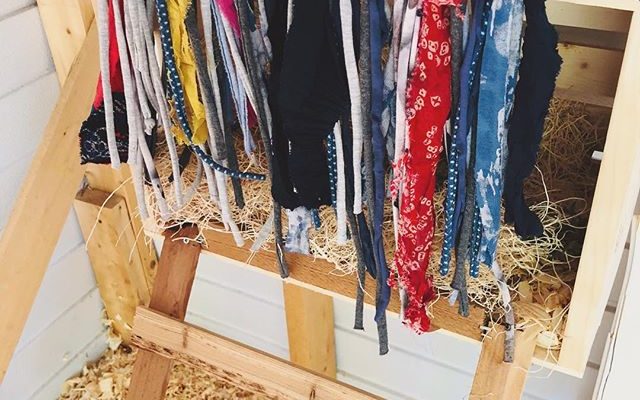How to Keep Your Homestead Chickens Entertained
If you’ve ever watched chickens, it’s clear to see that they are both curious and active. Chickens will come to check out almost anything new that doesn’t scare them and they do play. In fact, if you want a peaceful and pleasant time in the ranging pens, it’s best to give them plenty to do. Fortunately, it’s pretty easy to keep a few homestead chickens entertained. All you need are a few household items, some tasty produce trimmings, and consideration for what chickens like to do all day.
Set Up a Daily Care Routine

The most interesting thing that happens in the days of most chickens is a visit from a human. Simply going about your regular business cleaning the pens, filling food and water supplies, and gathering eggs is a reasonable amount of activity for your average hen. While new activity is always entertaining, chickens do best when they mostly know what to expect, where to be to get fed, and how to behave when you’re in the pen. By making your chicken chores a daily schedule, you can keep your chickens interested and ensure that you never forget a round of feeding, cleaning, and gathering.
Build a Few Dust Baths

Chickens love to play in the dust and it’s not just recreational. This is their way to stay clean, dry, and bug-free. The good news is that like most things that chickens need, dust baths are incredibly easy to make. In fact, the best reason to make intentional dust baths is to ensure that your chickens don’t try to claw up the yard to make their own. Dust baths can be made from boxes, lined pits, clean kitty litter pans, old tires, or anything else that can hold a mix of dry dirt and fine sand. Set a few around the pens so more than one chicken can dust bathe at once.
Make Food-Based Toys

Chickens are not complex but they are excellent at cleaning up kitchen scraps. Fruit and vegetable trimmings are especially enjoyable and can be quickly turned to chicken entertainment. Produce skewered and tied to the fence or the ceiling of the coop can be happily pecked at for hours while a toy with holes can dispense tiny chicken treats after a bit of lively pecking and chasing. Chickens enjoy any opportunity to peck, run, and eat at the same time so get creative with your food-based chicken toys.
Create a Compost Pile

Chickens love to peck and search for little bits of food and nothing is more fun for a homestead chicken than a compost pile. Building a compost pile serves multiple purposes for chickens. Searching entertains them, they get food variety from insects and scraps. Keeping your chickens happy can be as easy as building your compost pile in their pen.
Perches and Hiding Spots

Chickens are both playful and adventurous, to a reasonable extent. They like to overlook each other on perches and hide and take naps in little tunnels. These can be made out of almost anything from packing crates to punched-out oatmeal containers. Just give your chickens a dynamic landscape to explore and they will play on it every day.
Build a Swing

Give your chickens a way to exercise and get their feet up off the ground with a swing. This will build their muscles for sitting with more stability on roosts and laying nests. Cheap tire swings can be very popular with homestead chickens.
Whether you have five hens or thirty, it’s important to keep all of your chickens reasonably entertained. This promotes health, activity, and good behavior among the flock. With even a few of these ideas, your birds will be distracted, delighted, or comfortably asleep most of the day. For more great homesteading tips and fun, contact us today!
